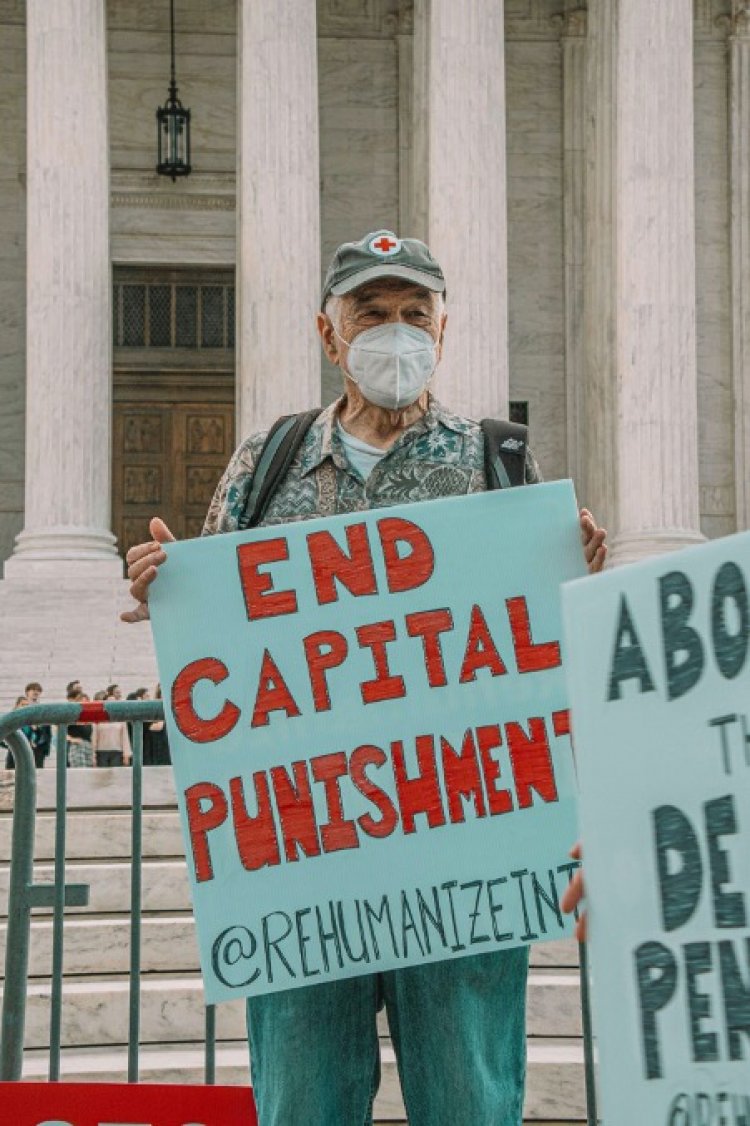Malaysia towards the abolition of the death penalty: in the 2023 Bill there are significant changes for prisoners on death row

23.04.2023
Eliana Mazzella
South East Asia and Pacific Human Rights Researcher
Global Human Rights Defence
The wind of positive change is blowing in Dewan Rakyat, a region of Malaysia where the death penalty has been revoked.
United Nations (UN) human rights experts believe the decision could be an inspiration to achieve the complete abolition of the death penalty in Malaysia.
“The death penalty is incompatible with fundamental tenets of human rights and dignity. We reiterate that the mandatory use of the death penalty constitutes an arbitrary deprivation of life and is a fundamental infringement upon the independence of judiciary and fair trial guarantees,” they said in a statement.
The change that took place in Dewan Rakyat consists in the approval by the Parliament of a bill that aims to make the death penalty optional and no longer mandatory.
Therefore the judges would have the discretion to choose the death penalty and the possibility to decide also taking into consideration the particular circumstances of the accused or the specific crime.
“The abolition of the mandatory death penalty brings Malaysia closer to the majority of countries that have eliminated capital punishment altogether,” said Elaine Pearson, Asia director at Human Rights Watch. “Malaysia’s next step should be ending its use of the punishment entirely and commuting the sentences of the 1,300 prisoners sitting on death row.”
Other changes in the 2023 Bill provide for prisoners sentenced to death or life in prison to apply for a new sentence in Federal Court.
The Federal Court, which will not review the sentence itself, can confirm the original sentence or replace it with a 30 to 40-year prison sentence.
Forecasts have emerged according to which the new laws will concern about 1,340 prisoners otherwise destined for the death penalty and over 100 sentenced to natural life imprisonment. Research shows that more than a third of prisoners sentenced to death are foreign nationals.
In support of these data, the experts said that the death penalty usually affects more ethnic minority groups but also people with disabilities who suffer from a serious deterioration of their mental health due to prolonged periods of imprisonment.
Human Rights Watch opposes capital punishment in all countries and in all circumstances as it is inevitably and universally plagued by arbitrariness, bias and errors.
Malaysia should therefore continue to question current laws, value the rights of prisoners and invest time and resources to defend them.
References:
Kasinathan (April 12, 2023) UN experts, Human Rights Watch laud Malaysia's decision to abolish mandatory death penalty. Retrieved on April 23, 2023 from https://www.malaymail.com/news/malaysia/2023/04/12/un-experts-human-rights-watch-laud-malaysias-decision-to-abolish-mandatory-death-penalty/64388
(April 11, 2023) Malaysia Repeals Mandatory Death Penalty. Retrieved on April 23, 2023 from https://www.hrw.org/news/2023/04/11/malaysia-repeals-mandatory-death-penalty




 GHRTV
GHRTV 




























